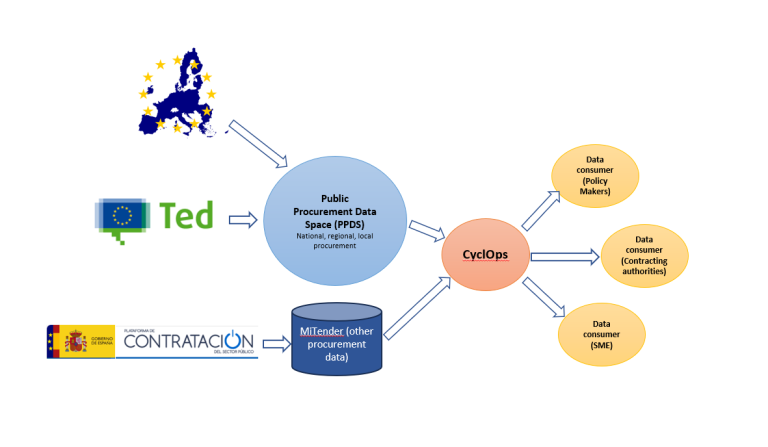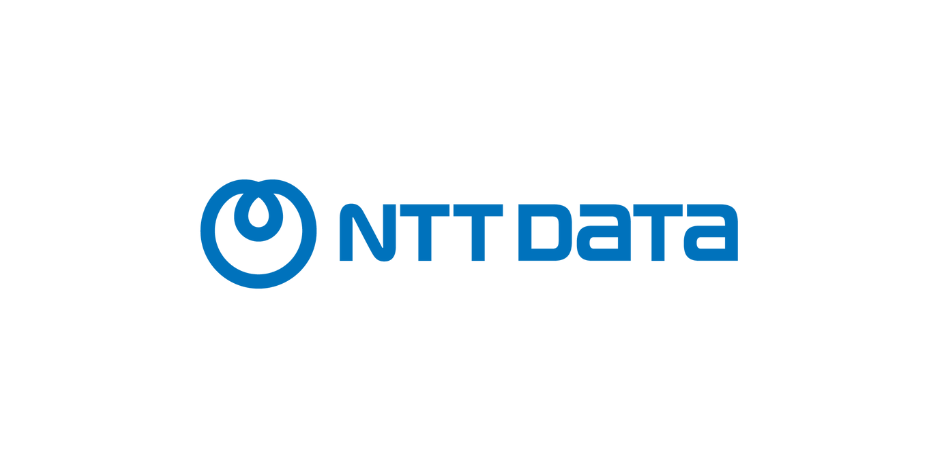Public Procurement Data Space

The problem
Public procurement data in Europe is produced by all public authorities with the capacity to perform purchases, aggregated at regional and national level, and partially shared with the rest of the EU countries via the Tenders Electronic Daily (TED) platform.
Public procurement data bears several defies:
- Divergence in data standards used by the different public administrations;
- Vast amount of data producers and consumers;
- Lack of a consolidated repository for all public procurement data at EU level beyond the mandatory requirement.
Data on public procurement is rarely used for public policy elaboration and monitoring due to the lack of proper data governance, data availability, data quality issues, and lack of proper data analysis tools created specifically for public administrations.
SME participation in public procurement is still very limited compared to their role in national economies, where they represent 99% of all businesses. Several barriers make it difficult for SME to participate in and win tenders.
The solution
This use case aims to identify the limiting factors faced by SME when accessing to public procurement and provide the tools to assess the impact of modifying them. This tool would support the EU and national regulations on the promotion of SME in public procurement.
Solution content:
- SME participation and success factors dashboard. Display which elements have higher impact and how.
- Scenarios simulator. Evaluate the participation percentage of SME and their probability of being awarded a given contract; provide recommendations for increasing this participation percentage and probability of success.
- Success probability ranking. Provide a ranking of tenders that are open for participation and the probabilities of SME of being awarded.
The innovations
- Technological: use of a set of advanced analytical capabilities based on Artificial Intelligence and Machine Learning technologies in combination with semantic technologies to conduct in-depth analysis of public procurement information.
- Social: SME find out in which ongoing tendering procedures they are more likely to be successful, to better focus their efforts.
- Institutional: Policy makers and contracting authorities have the know how to facilitate SME participation and success. The former can promote SME access to public procurement through specific policies and the latter through specific tendering procedures.
The partners


